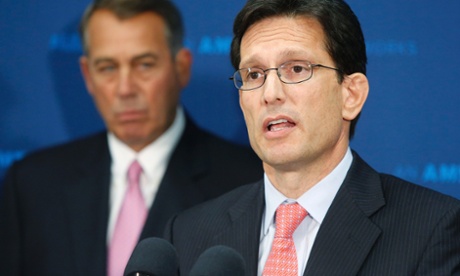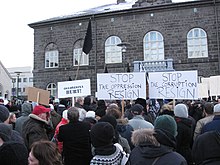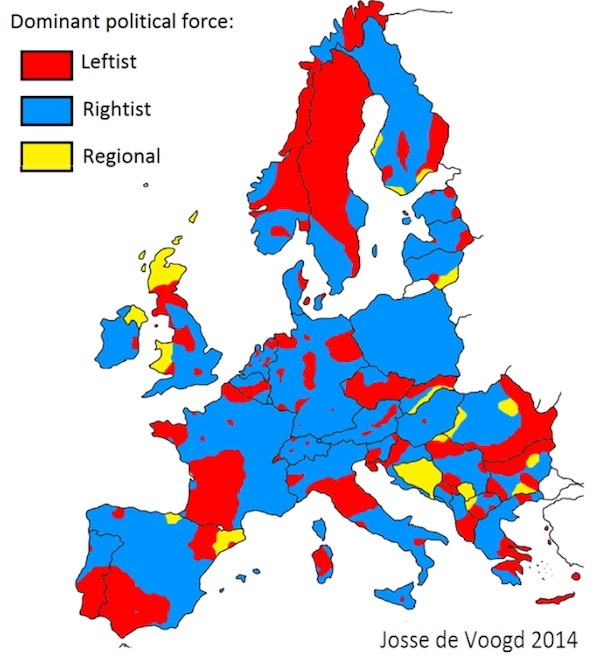Anyone contemplating Presidential Power for Unit 4 should consider what
President Obama's recent actions over a prisoner swap, and the subsequent political storm says about the state of play in the US.
 |
Sgt Bergdahl.
Picture Credit: BBC |
In short, US Soldier Sgt Bowe Bergdahl had been taken prisoner in 2009 by the Taliban in Afghanistan. This year, Obama's administration swapped him for five
Guantanamo Bay prisoners.
On the face of it this seems uncontroversial; a US soldier returned home, and the release of five prisoners in Guantanamo, the prison that
Obama promised to close.
Crucially (and this is a great bit of info for G and P students)
he signed an executive order requiring that Guantanamo be closed within a year. This was back in 2009. The prison is still open.
The Republican Party and others are making a big deal over this since this action should have been approved by Congress 30 days before, but wasn't.
According to Chuck Hagel the US Secretary of State, this was in the national interest and the detainees in Guantanamo were of little risk to national security. According to BBC news:
"The defence secretary also said he and other national security officials were not "under any illusions about these five detainees" but said they were "appropriate" to release because the US had no basis to charge them with a crime."
The other controversy about the swap is that there are allegations Sgt Bergdahl disappeared under suspicious circumstances, and opponents of President Obama are using this as a stick to beat the administration with.
The main problem with Guantanamo Bay and the inability of the President to fulfill the action he signed into law, is that these are extremely murky legal waters. Their legal status has been the subject of Supreme Court case
Boumediene v Bush, but the very short version is that these prisoners have not been charged with a crime and are highly unlikely to ever be.
Obama himself described Guantanamo Bay this way in an address to a joint session of Congress:
To overcome extremism, we must also be vigilant in upholding the values our troops defend – because there is no force in the world more powerful than the example of America. That is why I have ordered the closing of the detention center at Guantanamo Bay, and will seek swift and certain justice for captured terrorists – because living our values doesn't make us weaker, it makes us safer and it makes us stronger.



